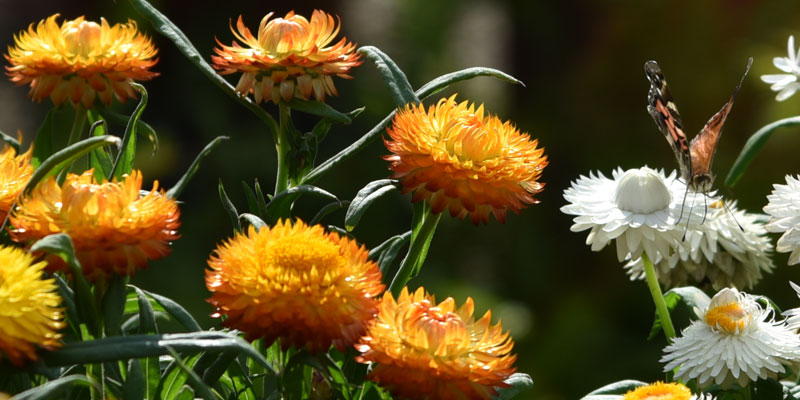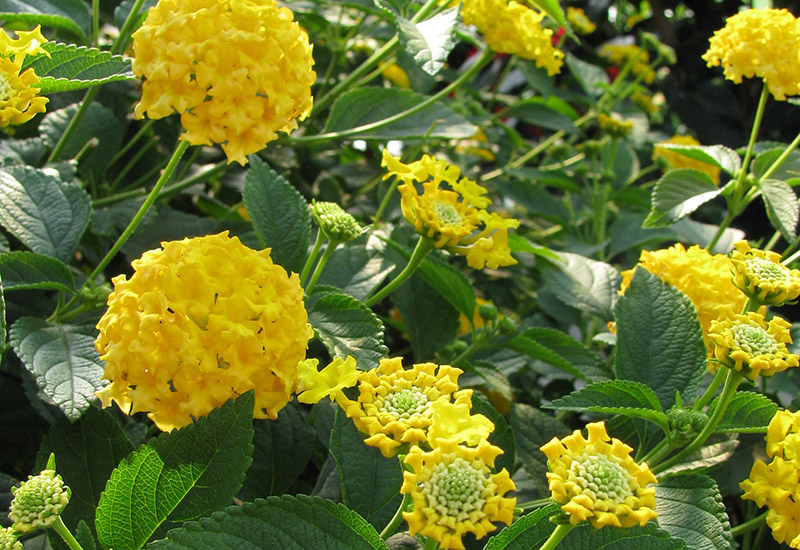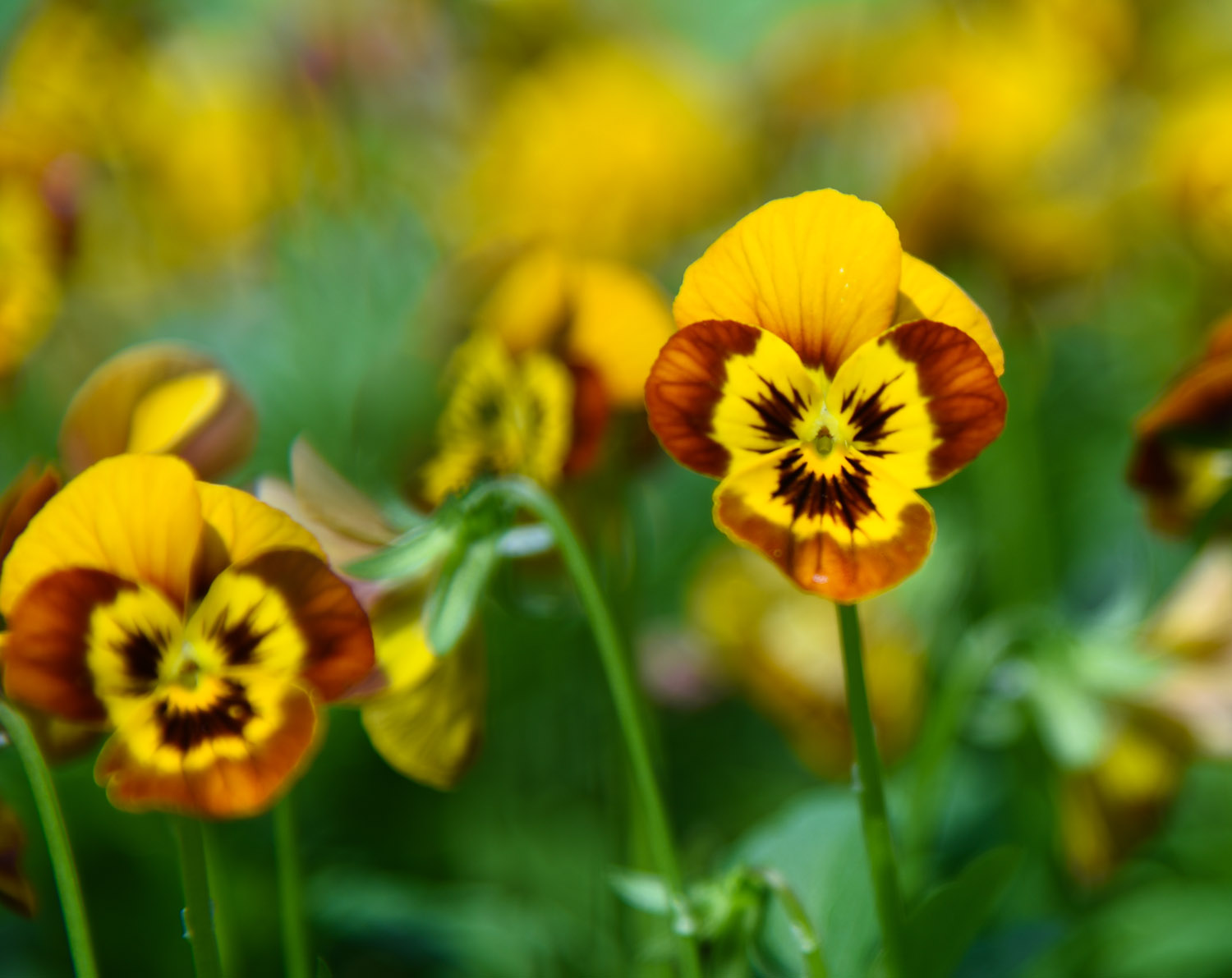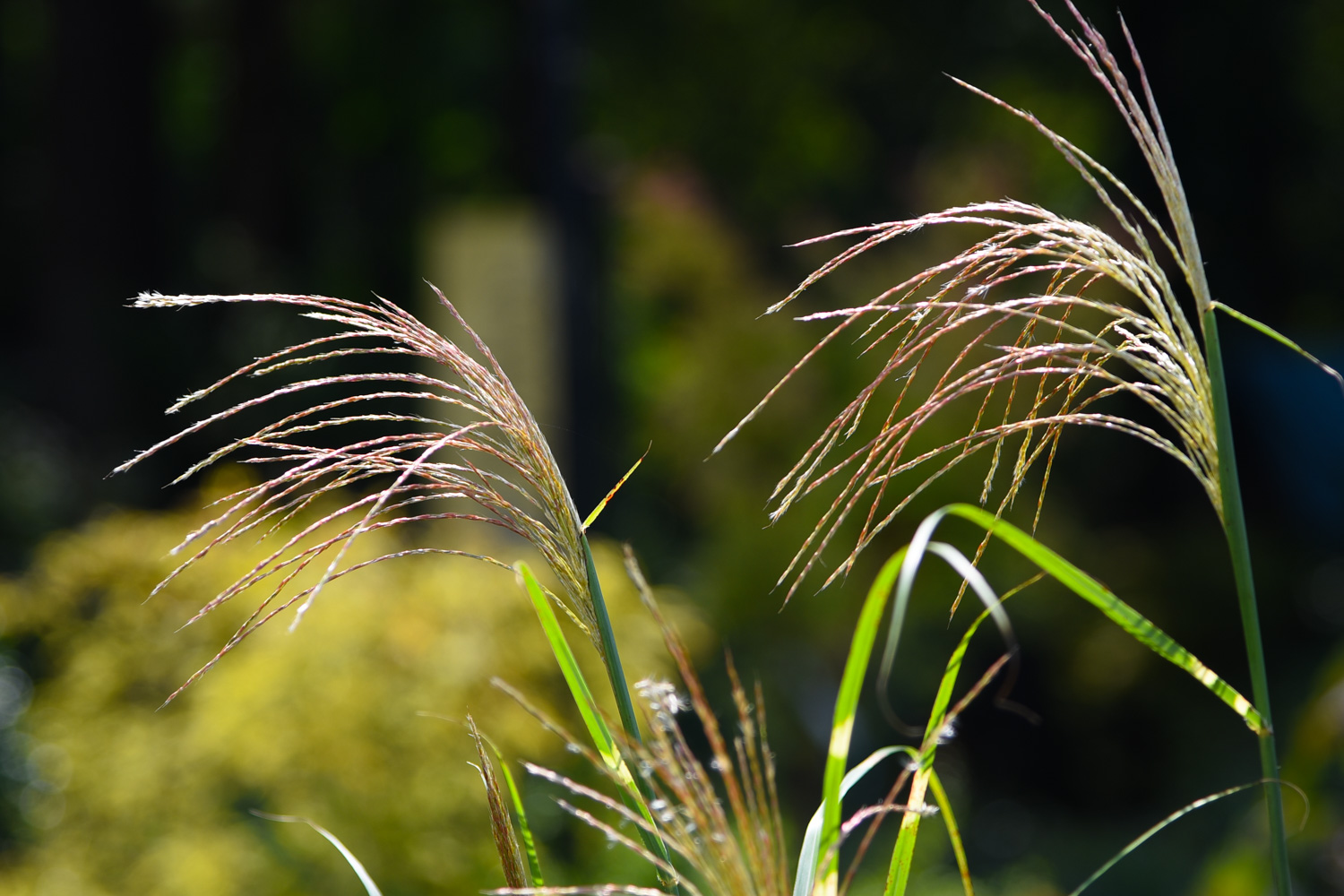Celebrate National Garden Week in Cary
Cary, NC — June 6-12, 2021 is National Garden Week, and to help you take part in it, we’ve put together some great tips for preparing your gardens and keeping them cool this summer.
While it may feel like summer’s already here, the official turn of the season will be June 20, 2021. The good news is, you can go ahead and take these steps to make sure your plant life will thrive through the hot months.
Avoiding Pests
Summer brings out bugs that can hurt your plants. And there are some non-invasive, natural ways to keep your garden pest-free.
Turning your hose to a fine spray can be effective. Spray your leaves, stems and even the undersides of your plants to knock away harmful bugs that are gathering. This also opens up space for beneficial insects to move in.
Try growing some plants that deter bad bugs too. Plants with aroma such as lemongrass or basil may not smell that bad to us but for the insects that want to chew on your leaves, they stink. Also, try including plants that attract ladybugs such as fennel or caraway. Ladybugs eat aphids and other harmful pests and everyone cheers up a little when they see a bright red ladybug.
And of course, a healthy garden is the best way to keep out more pests. Make sure you are taking care of your plants, checking the leaves for signs of disease, and keeping them watered and fed.
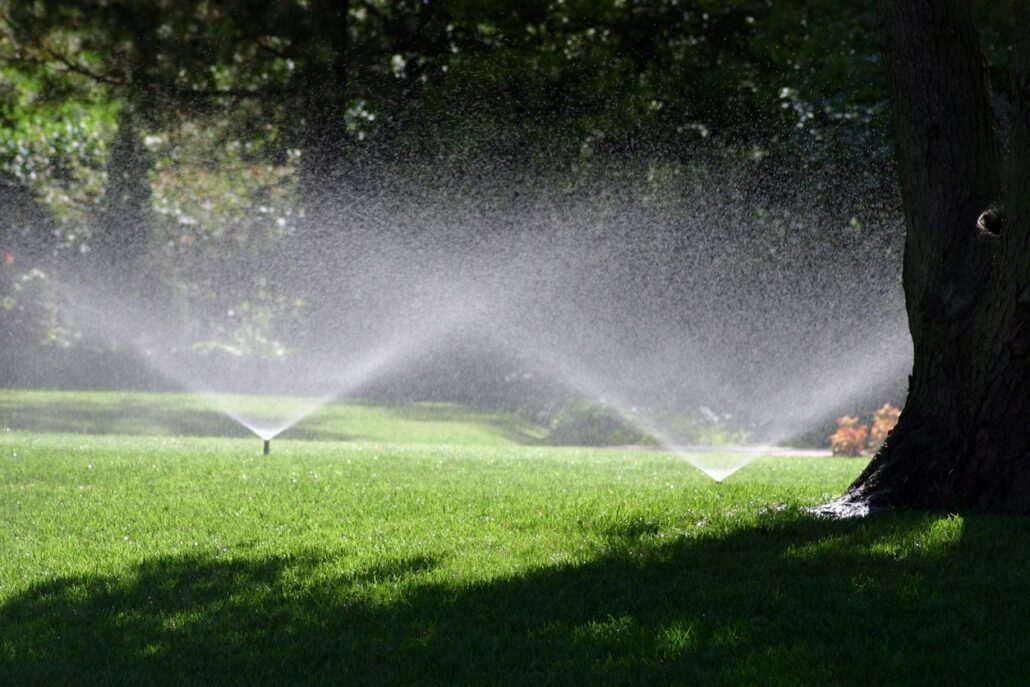
Lawn Care
With more heat and less water, your lawn can suffer during the Summer. But there are some basic tips to make sure it does well.
For one, start mowing your grass long. If you are cutting it short, the roots will be immature and not extend very far. But if the lawn is longer, you get stronger roots and it can store more water, meaning less watering on your part.
In the Summer, your lawn also gets bare spots more easily so start thinking about reseeding your lawn and feeding it more regularly. Every six weeks is a good time to feed your lawn and if you are reseeding, looking for seeds such as tall fescue mixes. These do better in the heat.
Summer Flowers
If you are starting a new garden in the Summer, that is a perfect time to start picking flowers that do not need much water and can handle the heat.
Look for perennials, such as the Aster flower. You can also find nice tall flowers such as the Gloriosa daisy (also known as Blackeyed Susan). Flowers such as this are good for the hot temperatures.
You can also get some unique looking flowers that need very little water, such as the mealycup sage or local plants such as the Threadleaf Coreopsis. And the Lantana is a particularly resistant flower if you like the look of it.
Keep Plants Cool, Throw Some Shade
The easiest way to cool down your plants is to put them in the shade. While the temperature won’t be any different, without the direct sunlight beating down on your plants, they will feel much cooler, as much as 15 degrees Fahrenheit.
However, as we know, plants also need sunlight to thrive to do not give them total cover. Get your garden near some trees or near a deck or patio if you have it. You can also put benches and chairs near your garden so their shadow will occasionally go over your plants and give them a break from the heat.
Additionally, there are some vibrant flowers that do very well in the shade. Some of those include foxglove, primrose and the large Japanese forest grass plants people like to have here in Cary.
Other Ways to Stay Cool
The best way to keep your plants cool is not to think about the plants and the leaves themselves but the mulch and soil they are growing in. Keep your soil cool by insulating it with mulch, bark and even ground-up newspaper.
If you know there is some sort of water feature near your home, such as a fountain or a creek, consider growing your garden near it. As the water evaporates in the heat, it will cool down the air around your garden.
On a related note, before you start planting for the season, clean your pots and containers first. The Summer heat can help foster diseases in your containers, which can stay there for a long time. Get your containers cleaned first – for terracotta pots, you may consider baking them in the oven at 225 degrees Fahrenheit for around an hour, as diseases can stay in them for a long time and need to be removed more severely.
Story by staff reports. Photos by Hal Goodtree.
All the Cary news for the informed Cary citizen. Subscribe by email.


